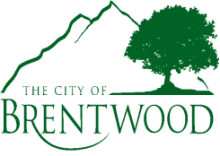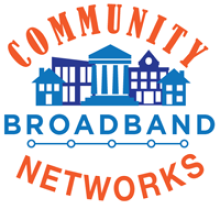Conduit Policy the Foundation for Affordable Gig Service in the Bay Area
Smart conduit policy, implemented in 1999, is now paying off in Brentwood. The Bay Area community of 52,000 recently reached an agreement with Sonic.net to bring fiber to the community via city-owned conduit. The partners anticipate a fall 2015 project completion.
The City requires all new development be constructed with conduit to the premise via a joint trench. Over the past 15 years, the amount of conduit has expanded to approximately 150 miles reaching more than 8,000 homes and all commercial construction. Brentwood has grown exponentially in the past 15 years. Between 2000 and 2010, its population more than doubled as it transitioned from farms to suburbs.
A number of other communities have implemented similar conduit policies to improve connectivity options. Mount Vernon, Washington, and Sandy, Oregon, are only a few towns where conduit policy for new development has facilitated fiber deployment.
We checked in with Kerry Breen, Assistant Finance Director for Brentwood, who offered more details on the partnership. Sonic.net will pay to lease the conduit, connect City facilities, provide dedicated fiber to the City, fill in any gaps in the conduit network, and maintain the network. The ISP will also develop a pilot program to install conduit in a pre-1999 subdivision containing 250-500 homes.
Sonic.net will connect public facilities that are adjacent to existing conduit. If the City wants to connect facilities situated in other areas, it will pay Sonic.net to complete the connections. Brentwood will save approximately $15,000 per year immediately because Sonic.net will provide gigabit service to City Hall at no charge.
The company will also pull fiber through traffic conduit and connect City traffic signals at no extra cost in these locations. If Sonic.net ultimately provides Wi-Fi, the City will have access at no charge, increasing efficiencies and reducing costs for municipal employees that work in the field such as city inspectors or public safety personnel.



